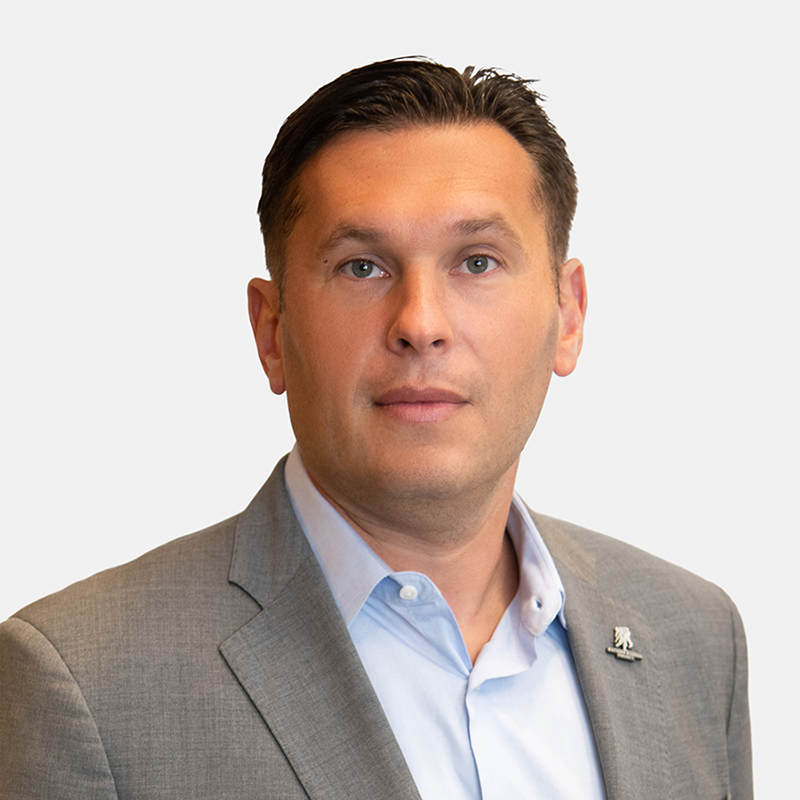Service members and veterans feel a deep connection with each other and their families. Through Wounded Warrior Project’s various programs—in-person and/or online—veterans can come together, empower each other, and once home, support the greater good of their communities.
Dr. Alexander Balbir is the Director of Independent Services at Wounded Warrior Project.
For information about treatments for brain injury please visit The Treatment Hub.
What we know to be true about many of the veterans that we work with at Wounded Warrior Project is that they love working together. Most of our programs, including our Independence program, there are the opportunities to bring these groups together, the cohorts. They support each other, they serve each other. But then there’s also this commitment for them to serve their community and serve the greater good. That’s what we are building, or that’s what we have built with the Independence program as well. We bring warriors together as well. We’ve done it virtually recently to really start to - so they can help empower each other. And we also do it in person as well, bringing some of these support groups together with these Independence program warriors and their families. So then they can start to work with each other with the end goal really being them coming back home, going back to their homes and communities, and supporting the greater good of the community as well, just like the example I gave with John. BrainLine is powered in part by Wounded Warrior Project to honor and empower post-9/11 injured service members, veterans, and their families.
About the author: Alexander Balbir, PhD, MBA
Dr. Alexander Balbir served as the Director for Independence Services at Wounded Warrior Project (WWP). He currently serves in the United States Navy Reserve as a Medical Service Corps Officer hospital/healthcare administrator.

